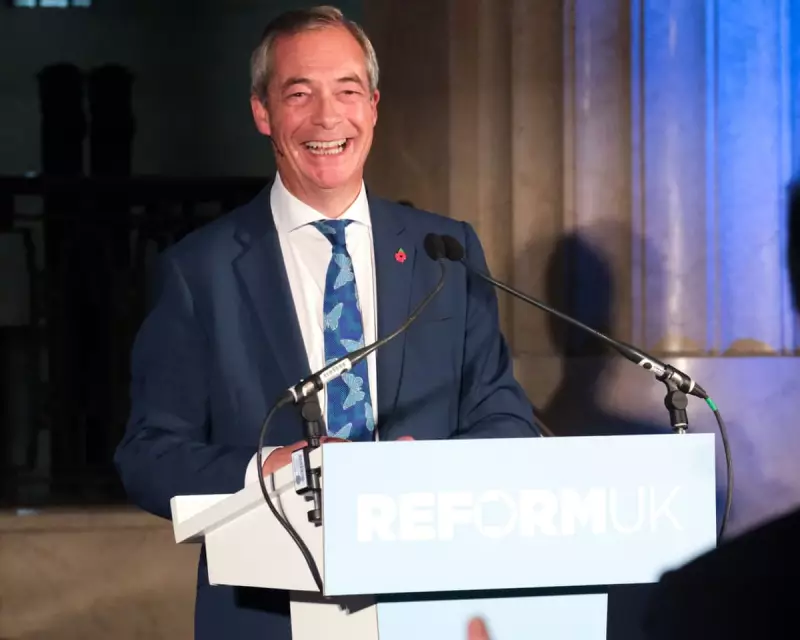
Nigel Farage has perfected the art of political reinvention, presenting himself as everything from a city trader to a man of the people. Yet beneath these carefully crafted personas lies a consistent thread that has defined his three-decade career: a deep-seated xenophobia that continues to shape his messaging.
The Many Faces of a Political Survivor
Farage's chameleon-like ability to adapt his image is legendary in British politics. He has seamlessly transitioned between identities, each tailored for maximum political appeal. From the pint-drinking everyman to the sharp-suited city operator, these transformations have allowed him to maintain relevance while other political figures have faded into obscurity.
What makes this rebranding particularly effective is how it masks the underlying consistency of his message. While the packaging changes, the core product remains remarkably unchanged.
Xenophobia as a Political Strategy
Throughout his political journey, from the Maastricht Treaty rebellion to leading UKIP and now Reform UK, immigration has been the constant drumbeat. His rhetoric has evolved in tone but not in substance, consistently framing immigration as a threat to British identity and prosperity.
This strategic xenophobia has proven remarkably durable, surviving numerous political shifts and public sentiment changes. It represents what might be called the 'Farage paradox' - the ability to appear fresh and new while peddling the same core message.
The Reform UK Repackaging
With his latest venture, Reform UK, Farage has refined his approach further. The language has become more polished, the presentation more professional, but the underlying narrative remains familiar. Immigration continues to feature prominently, now often framed in economic terms rather than purely cultural ones.
This repackaging has proven effective in attracting new supporters while maintaining his core base. It demonstrates Farage's understanding of how to make xenophobia palatable to broader audiences.
The Enduring Appeal of Division
Farage's longevity in British politics speaks to a troubling reality: that xenophobic messaging continues to resonate with significant portions of the electorate. His ability to identify and exploit public anxieties about national identity and economic security has proven to be a durable political strategy.
As Britain faces new challenges, from economic uncertainty to global instability, figures like Farage continue to find fertile ground for messages that divide rather than unite.
Looking to the Future
The question now is whether this strategy can maintain its effectiveness in a changing political landscape. As new generations of voters emerge with different priorities and perspectives, the appeal of xenophobic politics may face its ultimate test.
What remains clear is that understanding Farage's method - the constant rebranding around a consistent core of xenophobia - is essential to understanding one of the most enduring forces in modern British politics.





